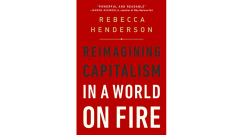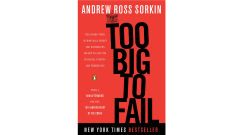What's on advisors' bedside tables?
We asked industry leaders and wealth management executives what books they would recommend about business, finance or economics. Some told us that they would suggest reading books on innovation or even life hacks, because they're useful for practice management (and managing the rest of your life).
Here are their suggestions.













